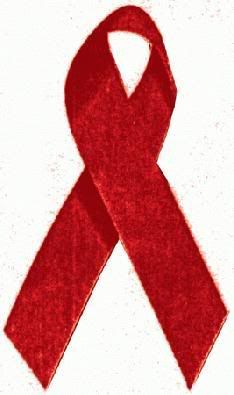Report reveals regulations for HIV+ travellers
 6th December 2007 11:30
6th December 2007 11:30Antonio Fabrizio
The European AIDS Treatment Group has published the 2007 Quick reference: travel and residence regulations for people living with HIV and AIDS.
The publication, at its sixth edition, updates the information about all the requirements and regulations in every country for travellers living with AIDS.
It is designed to help people working in AIDS organisations and contains some of the most recent requirements adopted in several countries.
The report says that "being able to stay in foreign countries without restriction is something more or less taken for granted by many people living in Europe today.
"Yet in the majority of the world's countries, people with HIV/AIDS are refused that right."
193 countries were included in the survey. In 106 countries there are special regulations, and 90 countries with restricted residence regulations implemented mandatory HIV screening. There are currently 13 countries that bar people living with AIDS: Armenia, Brunei, China, Iraq, Qatar, South Korea, Libya, Moldova, Oman, Russia, Saudi Arabia, Sudan and the USA. Some European countries, including the UK, France, the Netherlands, and Italy, have no restrictions at all. Other countries such as Austria, Greece, Belgium, Spain and Germany have no controls of restrictions for EU nationals, but require a health certificate for non-EU citizens who are staying for a longer period. For some countries, such as Afghanistan, Bahamas, Grenada, Liberia, Mali, Mauritius, and Somalia, no information was available. Some Asian and Middle East countries have had very bad performances. According to the report there were cases where migrants died in jail without treatment waiting to return home. There were visa problems. "Some countries prefer not to have their citizens back if they can avoid it."
The publication is available in English, French, German, Spanish and Italian and can be can be found online here.
Source:Pinknews.co.uk
Labels: European AIDS Treatment Group, HIV Travel, HIV/AIDS, restrictiions, travelling abroad

0 Comments:
Post a Comment
Subscribe to Post Comments [Atom]
<< Home